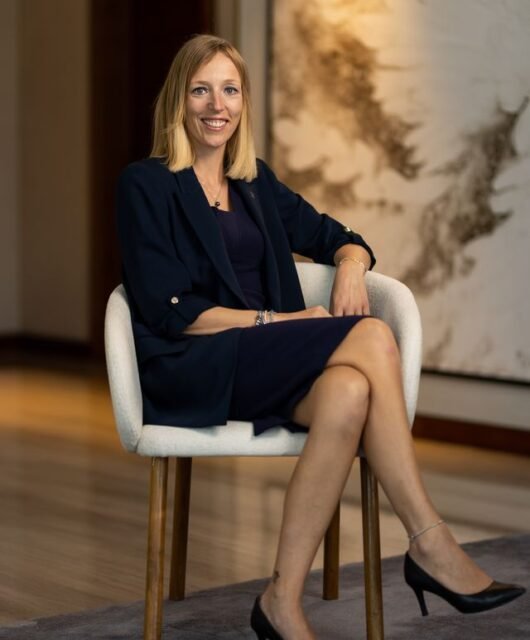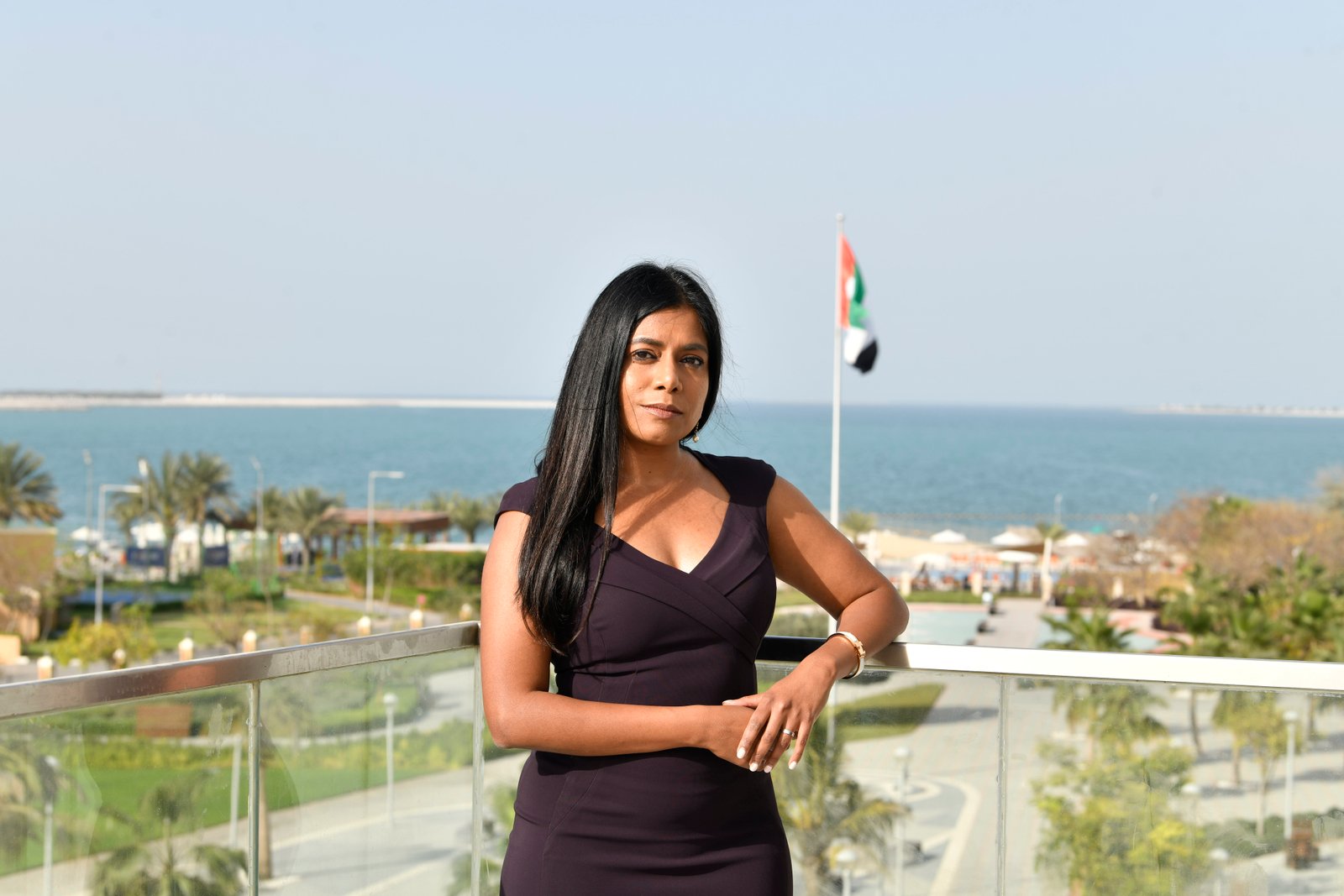The Wonder Women of MENA: Pepsico’s Yasmin Fansa

About Yasmin Fansa, Sustainability Lead MENA, Pepsico
Yasmin Fansa is the Sustainability Lead for PepsiCo, Middle East and North Africa (MENA). Yasmin joined PepsiCo in 2020 and leads the strategy and execution of MENA’s sustainability agenda across the foods and beverages portfolios.
With a passion for driving PepsiCo’s Sustainable Food Systems, Yasmin has led efforts to instigate market collection and recycling programs in over 4 countries in the region; set up water replenishment projects in KSA, developed climate change strategies across PepsiCo’s bottling sites, advanced the sustainability agenda with the business’ retail partners, and set up support systems for entrepreneurship and start-ups in the food tech and sustainability space.
Yasmin represents PepsiCo in industry bodies and groups that focus on driving sustainability and its key enablers across the region, including Project Circle, a circular economy coalition in the UAE in partnership with the Ministry of Climate Change in the UAE.
Prior to her time at PepsiCo, Yasmin was a Strategy Consultant at Monitor Deloitte based out of the United Arab Emirates. In her role, Yasmin advised private and public sector clients in the Energy and Industrials space across the GCC and was a key contributor to thought leadership focused on the energy transition.
Yasmin is a Lebanese-American national holding a Bachelor of Engineering in Civil and Environmental Engineering from the American University of Beirut (AUB), Lebanon, as well as a Master of Science in Economics and Policy of Energy and the Environment from the University College London (UCL).
About her thoughts for the industry
If the last few years have taught us anything, it is that we can take nothing for granted. We have a growing global population to feed, and a planet rich in natural resources that we need to preserve for future generations. That is a difficult, but not impossible balance to strike.
It’s an exciting time to be a sustainability leader in the region. From Expo 2020 to COP27, and now COP28 – the region is setting a positive example for real, tangible, and collective environmental action. The UAE has also declared 2023 as the ‘Year of Sustainability’ – a prime opportunity for all of us, to identify where we can have the most impact, and think about how we get there.
As we inch closer to COP28, we need to lay a solid foundation for sustainability-focused solutions to effect change at a systemic level. For that, brands must reflect on where they can have the most impact.
We must ask ourselves – can we build better awareness around specific sustainability issues & solutions? Can we inspire more responsible consumption? Can we adopt and encourage behavior that protects natural resources like food, water, and energy? Can we be more transparent with our own environmental impact? Can we foster cross-industry partnerships to accelerate innovation?
Within PepsiCo, the nature of our business, our scale, and influence allows us to do this at multiple levels – right from how we source our ingredients, to how we make and sell our products, and how we inspire people through our brands. In the last year, we’ve focused our efforts in the region on accelerating innovation, reducing, reusing, and reinventing packaging, scaling regenerative agricultural practices, finding efficiencies in our operations, unlocking the potential of the youth, and educating consumers to holistically deliver on aggressive sustainability goals.
Looking ahead, we want to continue to build on this, and for that, collaboration will remain key. Across industries, it is important to foster more and better cross-industry and public-private partnerships. The more focused our goals are as a collective, the more successful we’ll be individually.
As a parting thought, several studies from around the world reveal how women are making more sustainable choices and are more inclined to learn about sustainability. Marketers have also traditionally advertised more to women, as historically, they buy more lifestyle products across a range of categories and thus perpetually enforce this gender sustainability gap.
The onus is on everyone to play a part in the sustainability agenda.





